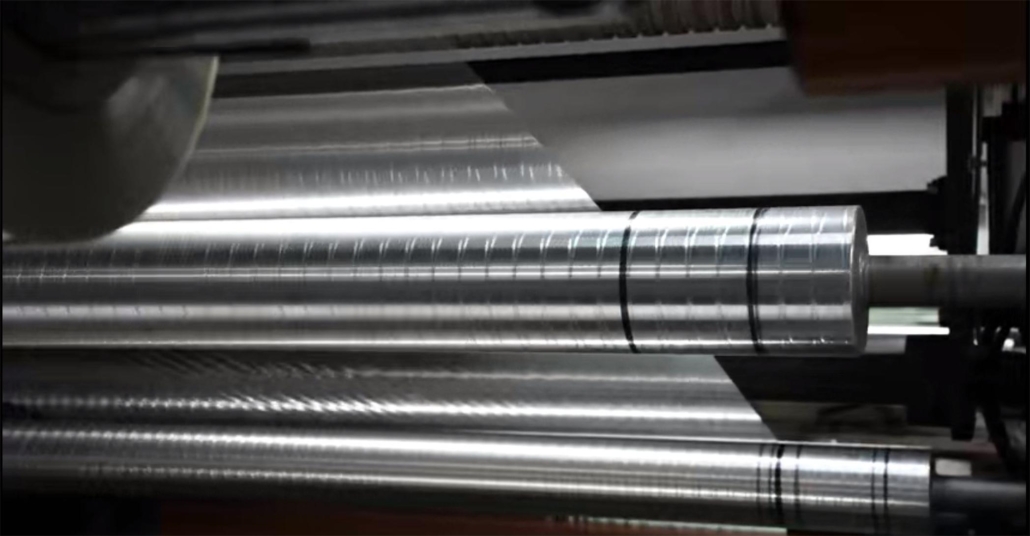Bio-based pressure sensitive adhesives protect the environment and save costs
Pressure-sensitive adhesives, namely pressure-sensitive adhesives (PSA), are adhesives that can adhere to various substrates with only small external forces. Pressure-sensitive adhesive elastomer usually has both liquid viscosity characteristics and solid elastic properties. When the pressure-sensitive adhesive is spread on the rough surface of the substrate, due to the wettability and plasticity of the pressure-sensitive adhesive itself, it can increase the contact area between the adhesive and the adhesive, so as to form a firm bonding. It has the characteristics of easy adhesion and easy exposure. In view of the excellent properties of pressure-sensitive adhesive, the global pressure-sensitive adhesive market has grown rapidly in recent years, and the Asia-Pacific region is the largest and fastest growing market in the global pressure-sensitive adhesive market.

Currently, the pressure-sensitive adhesive has been widely used in automotive, food, packaging, electrical and electronic, medical, and other fields. In commercial production, it is required that pressure-sensitive adhesives can not occur interface failure, cohesive failure, and mixed failure. Interface failure refers to the high bonding strength of pressure-sensitive adhesive in the stripping experiment, and the insufficient bonding strength between the surface and the substrate, resulting in the colloid completely separated from the surface of the substrate, the surface of the substrate basically no residual glue; Cohesion failure refers to the small cohesion of the pressure sensitive adhesive, so that the internal damage of the adhesive layer, resulting in some residual adhesive on the surface of the substrate; Hybrid failure is a phenomenon that combines interface failure and cohesive failure. At present, in addition to the traditional natural rubber, resin, and pressure-sensitive adhesive mainly from petrochemical products.
However, due to the increasing shortage and non-renewable oil resources, from the perspective of development strategy, sustainable new materials have more development prospects. Compared with traditional petroleum-based pressure-sensitive adhesives, bio-based pressure-sensitive adhesives can not only reduce the amount of oil used but also reduce the discharge of wastewater in the production process, which not only protects the environment but also saves costs and improves economic benefits.
Therefore, bio-based pressure-sensitive adhesives have attracted much attention from scholars. At present, vegetable oil is the most widely used matrix in the study of bio-based pressure-sensitive adhesive, which is mainly prepared by using the unsaturated double bond in vegetable oil to open loop crosslinking copolymerization under the action of the catalyst. However, in the process of production, processing, and actual use, the existing plant oil pressure-sensitive adhesive is prone to the insufficient adhesive strength and aging due to the influence of light, heat, oxygen, and other environmental factors, and can not meet the higher use requirements of pressure sensitive adhesive products.

Leave a Reply
Want to join the discussion?Feel free to contribute!